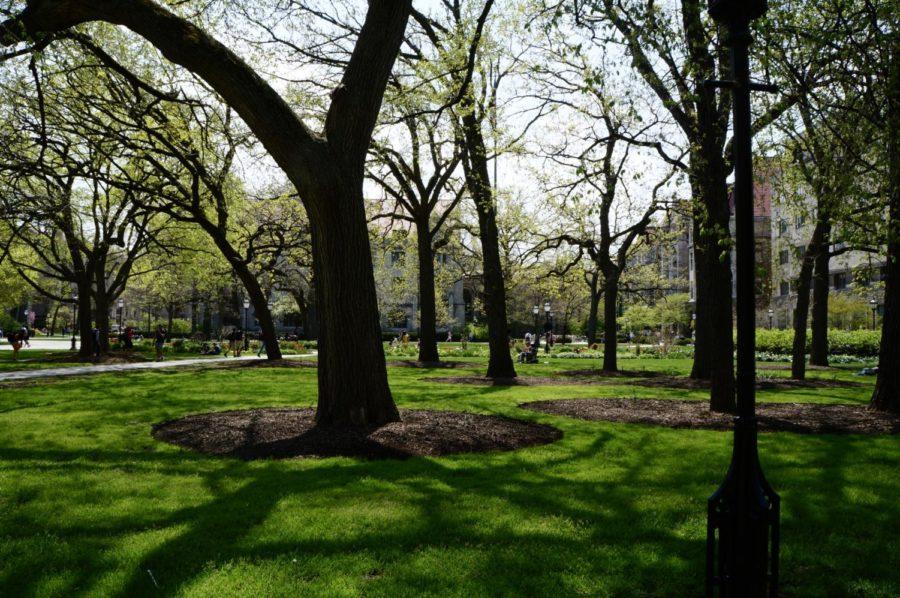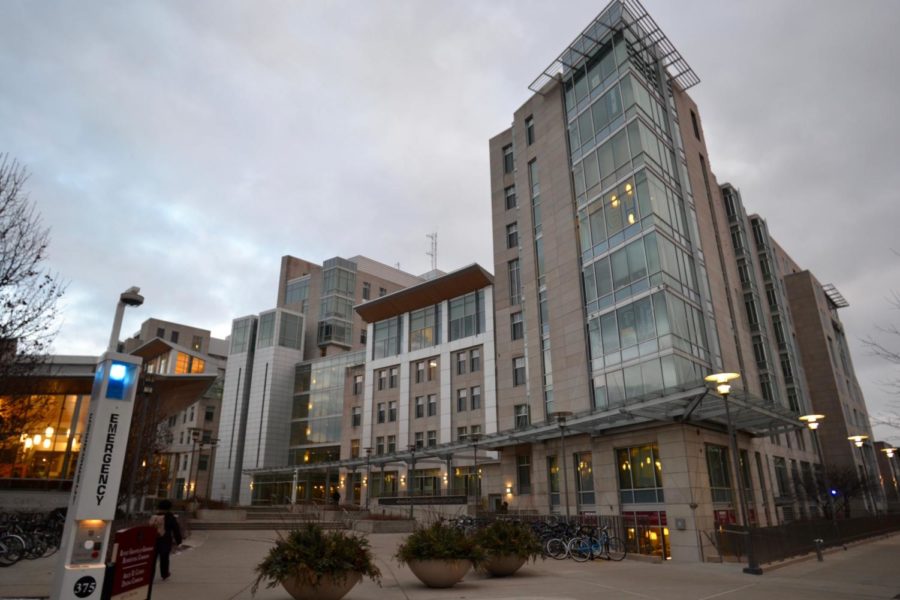The University will offer two more new minors starting in fall 2019: one in Education and Society, and a second in Inequality, Social Problems, and Change (ISC).
The two minors, along with the previously announced Health and Society minor, represent an expansion of preprofessional social science programs in the College and opportunities for College students to take classes in graduate divisions.
The ISC minor is offered by the School of Social Service Administration (SSA) and exposes students to the SSA and social work. The minor covers topics including immigration, social welfare, health, education, and labor market systems.
“We developed the Inequality, Social Problems, and Change Minor in response to College students’ hunger for knowledge on not only the sources and ramifications of inequality today but also on viable strategies for social change," Susan Lambert, faculty director of the minor, told The Maroon in an e-mail. "The curriculum is designed to prepare students to make a difference in attenuating inequality throughout their lives by learning how to move from theory to action on social problems related to whatever profession they pursue."
Discussion for the new education minor began two years ago within the Division of the Social Sciences, and the decision was made to keep the minor within the division. The minor combines shared interests between education and the existing eight academic departments in the social sciences division, and will be led by the Department of Comparative Human Development.
Professor Jill Mateo, the inaugural co-chair of the minor, says that the minor’s combination of applied social science research methods and theory will make UChicago students stronger applicants for future employment in fields involving teaching, policy, and research.
“I was very much in favor of the new Education and Society minor, and I am delighted that we are now offering this opportunity to our students,” John Boyer, dean of the College, said in an e-mail statement. “Many of the most dramatic constitutional controversies and social policy challenges that have defined and often perplexed modern societies have involved schools and educational policy.”
“I’m particularly excited about this minor because it provides a road map across the social sciences for students who have a deep interest in education,” Amanda Woodward, dean of the Division of the Social Sciences, told The Maroon in an e-mail. “This new program offers students pathways for gaining insight across theory, policy and practice, making the critical connection between cutting-edge research and its implications in the real world.”
Both the education and ISC minors are comprised of five courses and will be available to students graduating in or after 2020.
Aside from a required research methodology course, students in the education minor may choose their four other electives from a preselected course list drawn from several social science departments, including comparative human development, economics, public policy, and political science.
An info session for students interested in the education minor will be held on Tuesday, May 7, from 4:30 to 5 p.m. in McGiffert House, Room 240.
Update (4/30/19): The article was updated with Lambert's comment.








